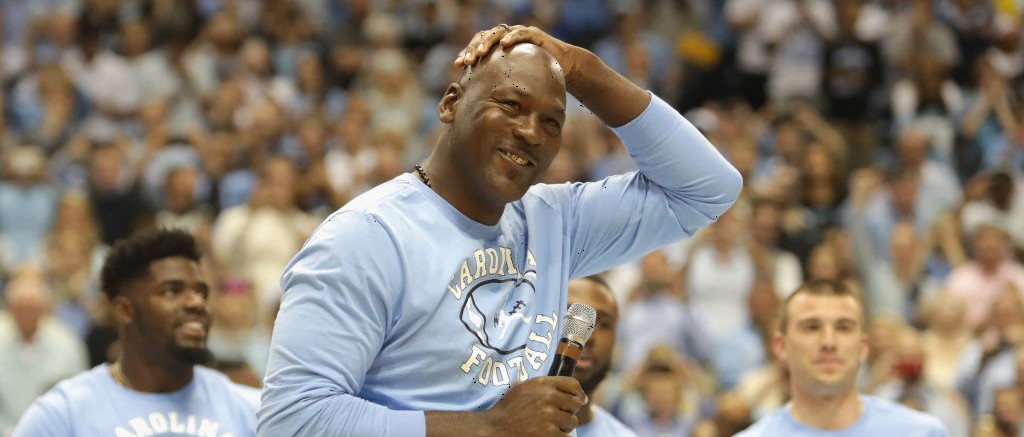There have been a number of current and former athletes that have spoken out against systemic racism and police brutality over the past two weeks following the murder of George Floyd by Minneapolis police.
Many have used their platform to continue spreading the message that racial injustice is a significant issue in the U.S. that impacts everyone in the Black community, including those at the top of the sports world. Michael Jordan has never been known as an athlete that speaks much on social and political issues, as he has been more likely to offer a quiet, but sizable donation in the past. This time, however, Jordan has made sure his mouth and his wallet are heard, as he issued a strong statement condemning police violence and racism, which he followed up with a $100 million pledge from he and Jordan Brand over the next decade.
While the organizations that will receive that funding are still being figured out, Jordan gave a rare interview to Rick Bonnell of the Charlotte Observer about why he spoke up so strongly this time and what moved him to make his $100 million pledge.
“We have been beaten down (as African Americans) for so many years. It sucks your soul. You can’t accept it anymore. This is a tipping point. We need to make a stand. We’ve got to be better as a society regarding race.”
When asked what has to happen for racist behaviors to change, he, like many others, noted it starts with white people understanding the inequalities that exist and taking steps to help, rather than turning a blind eye.
“Face up to your demons. Extend a hand. Understand the inequalities. Sure, it’s about bargaining for better policing, but it’s more. We have encountered racism to be somewhat acceptable in certain circles.”
The interview makes it clear that education will be at the forefront of where the money goes to, as he notes education is what offers the best chance to “stand up on your own.” Beyond that, Jordan explains why he’s helped build a pair of low-cost health clinics in under-served neighborhoods in Charlotte, as those are places that can really impact change in a community and indicates the type of thought that will be put into ensuring that the money he pledges goes to funding things that can have sustainable, long-term impacts on communities.







